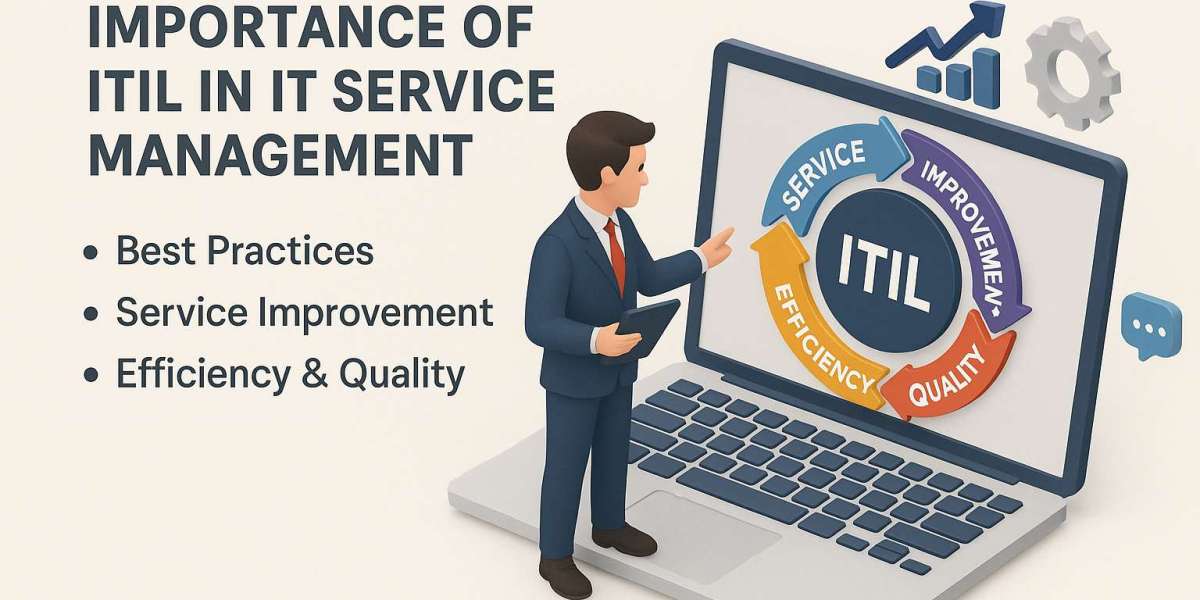In today’s digital-driven business world, organizations rely heavily on IT services to deliver value, maintain efficiency, and ensure customer satisfaction. To manage these services effectively, a structured approach is essential. This is where ITIL (Information Technology Infrastructure Library) comes into play. As the most widely adopted framework for IT Service Management (ITSM), ITIL provides best practices that help businesses align IT services with organizational goals while ensuring consistency, reliability, and continual improvement.
What Makes ITIL Essential?
ITIL offers a proven methodology for managing IT services across their entire lifecycle—from strategy and design to transition, operation, and continual improvement. By following ITIL guidelines, organizations can:
- Enhance customer satisfaction through reliable services.
- Reduce costs by improving efficiency.
- Strengthen governance and compliance.
- Minimize risks by implementing structured processes.
Most importantly, ITIL creates a common language between IT teams and business stakeholders, which reduces gaps in communication and ensures smoother service delivery.
ITIL 4 Management Practices
With the release of ITIL 4, the framework has evolved to meet the demands of modern digital organizations. ITIL 4 management practices cover 34 areas that provide guidance on managing IT services in a holistic and flexible way. These practices are grouped into three categories:
- General Management Practices – Focused on organizational support, including continual improvement, risk management, and workforce management.
- Service Management Practices – Core ITSM areas such as incident management, service desk operations, change enablement, and problem management.
- Technical Management Practices – Technical capabilities like deployment management, infrastructure management, and software development.
By adopting these practices, organizations can embrace agility, DevOps, and digital transformation, ensuring IT services remain relevant in a fast-changing environment.
Why ITIL Certification Matters
For IT professionals, earning an ITIL Certification is more than just a credential—it’s a career booster. Certification validates expertise in ITSM best practices and demonstrates the ability to implement them effectively within an organization. Employers value ITIL-certified professionals because they bring structured problem-solving skills and a deep understanding of service management.
There are multiple levels of ITIL Certification, starting with ITIL 4 Foundation and advancing to specialized modules such as ITIL Managing Professional and ITIL Strategic Leader. Each level builds on the previous one, allowing professionals to expand their knowledge and specialize in areas aligned with their career goals.
Conclusion
The importance of ITIL in IT Service Management cannot be overstated. By adopting ITIL 4 management practices, organizations can optimize service delivery, reduce risks, and align IT with business strategy. At the same time, IT professionals who pursue ITIL Certification enhance their skills, credibility, and career prospects in the competitive IT landscape.
In essence, ITIL bridges the gap between technology and business, making it a critical component for organizations striving for digital excellence.



